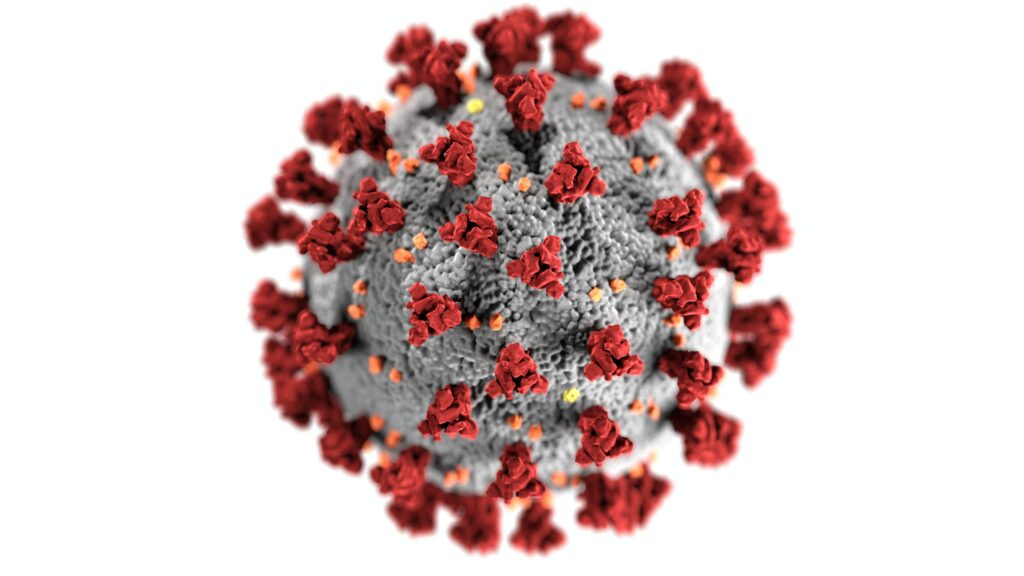By Daniel Gillespie // SWNS
NEWS COPY W/ VIDEO + INFOGRAPHIC
Vaccine incentives are less likely to convince Americans to get the COVID-19 vaccine than a visit to their primary care physician, new research suggests.
A recent survey of 2,005 respondents reveals that 88% who went to a primary care physician before getting the vaccine (1,202 respondents) said their doctor's advice was an instrumental factor in their decision.
In fact, the vast majority of those surveyed (also 88%) said they trust their primary care physician’s advice either completely or most of the time.
Conducted by OnePoll and commissioned by the Henry Schein Cares Foundation, the survey revealed that it takes the average patient two years and nine months to establish a meaningful level of trust with their primary care physician.
Trust in pediatric medical professionals runs high too, with 94% of parents saying they trust the advice of their child's physician either completely or most of the time, and 92% saying the same about their child's primary care dentist.
Besides doctors, respondents cited the Centers for Disease Control and Prevention (49%) as their primary source of COVID-19 information, followed by state health agencies/officials (47%) and their own family members (33%).
"The simplest way to convince people to get the vaccine is by getting a trusted medical professional involved," said Dr. Louis Sullivan, former head of the U.S. Department of Health and Human Services and current Co-Chair of the Henry Schein Cares Foundation's board of directors. "The data from this survey ties in with what we've found, which is that an individual’s strong relationship with their primary care physician is essential for getting the right medical information and taking action to protect their health."
Speaking of families, just over 62% of parents with children in the eligible age groups said they'll get their kids vaccinated against COVID-19.
In fact, 76% of parents polled (1,233 respondents) said they were concerned about their child contracting the virus upon their return to in-person learning.
When it comes to respondents who haven’t received the COVID-19 vaccine yet, just 31% said a guaranteed incentive would convince them to get the shot, compared to 36% who said they would change their minds if the physician encouraged them to get it.
And 34% of those who said they hadn't got it yet, would change their minds if the vaccine was administered by their primary care physician at their office.
The most popular incentive, not surprisingly, was cash, with 60% saying it would be their preferred benefit — although 74% also noted that the cash amount would have to be $50 or more.
Other popular incentives included meal or drink vouchers (21%), a free meal (20%) and retail vouchers (19%).
"Incentives might work in certain instances, but it's clear that Americans are more likely to take the advice of their doctor than be swayed by free offers or monetary rewards," said Dr. Sullivan. "That's why we encourage all patients to ensure they have a physician or dentist they can trust, and who they can go to for medical advice. It's the quickest and easiest way to avoid misinformation, and to stay informed about major health matters."
TOP 5 NON-PHYSICIAN SOURCES OF VACCINE INFORMATION
CDC 50%
State health agencies 47%
Family 33%
Social Media 29%
Friends 21%
TOP 5 NON-PHYSICIAN SOURCES OF GENERAL MEDICAL INFORMATION
Online research 57%
Family 34%
Second opinion (other medical professional) 29%
Friends in the medical field 28%
Friends 27%
